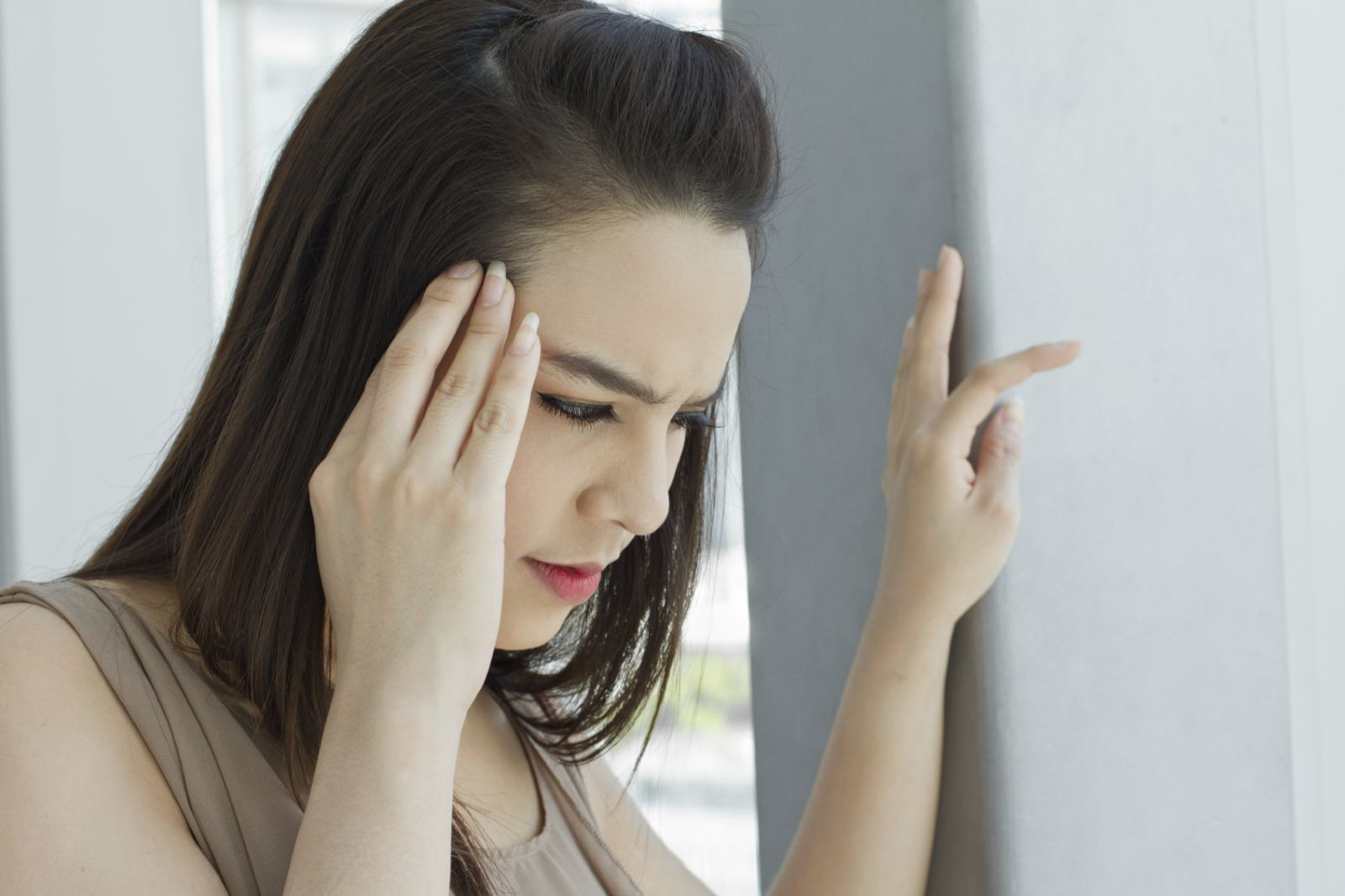
Respiratory health harms often follow flooding: Taking these steps can help

Tips to leverage neuroplasticity to maintain cognitive fitness as you age

Can white noise really help you sleep better?

Celiac disease: Exploring four myths

What is prostatitis and how is it treated?

What is Cushing syndrome?

Exercises to relieve joint pain

Think your child has ADHD? What your pediatrician can do

Foam roller: Could you benefit from this massage tool?

Stepping up activity if winter slowed you down
Diseases & Conditions Archive
Articles
When should I be concerned about ringing in my ears?
Tinnitus is a term used to describe a ringing or noise in the ears. While not usually a serious medical condition, the distress it produces can often disrupt people's lives. Understanding the condition and its symptoms will help determine how best to treat it.
What to do about bunions
A bunion is a deformity of the foot that causes the big toe to turn inward toward the other toes. This can result in damage to the other toes, calluses, and trouble walking.
Is metformin a wonder drug?
Metformin, a medicine prescribed to treat type 2 diabetes, also has cardiovascular benefits and is used off-label to treat other conditions. Interest is growing in its potential to help lower risks for other serious health problems and even slow aspects of aging, but which of these benefits, if any, apply to people who do not have diabetes?
Proton-pump inhibitors: What you need to know
Proton-pump inhibitors are the strongest type of medicine available for treating stomach acid. There is some concern about their potential side effects and interactions with other medications.
Lightheaded? Top 5 reasons you might feel woozy
Lightheadedness is a feeling of wooziness or faintness. It is commonly caused by dehydration, drug side effects, blood pressure drops, low blood sugar, heart disease, or stroke.
Is it worrisome to hear a pulse in my ear?
One morning last week I woke up hearing my heartbeat in my left ear. I hear it most clearly when I am in bed or sitting quietly. My health is good, and I was told after a recent cardiac workup that my heart was "perfect." Should I be worried?

Respiratory health harms often follow flooding: Taking these steps can help

Tips to leverage neuroplasticity to maintain cognitive fitness as you age

Can white noise really help you sleep better?

Celiac disease: Exploring four myths

What is prostatitis and how is it treated?

What is Cushing syndrome?

Exercises to relieve joint pain

Think your child has ADHD? What your pediatrician can do

Foam roller: Could you benefit from this massage tool?

Stepping up activity if winter slowed you down
Free Healthbeat Signup
Get the latest in health news delivered to your inbox!
Sign Up











